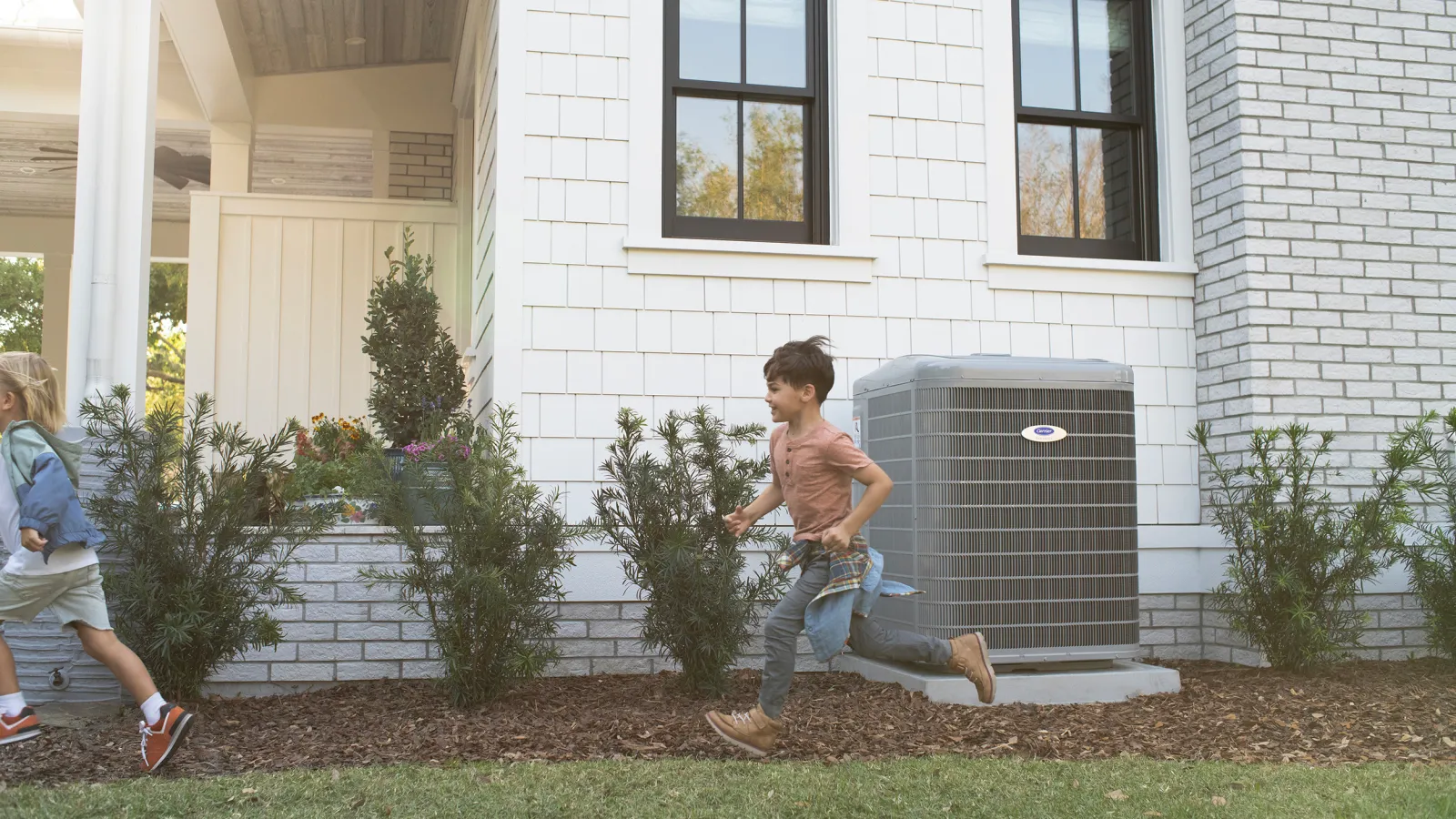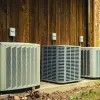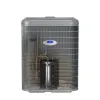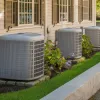During the spring-to-summer period, we respond to a lot of “no AC” service calls.
Since every home is different and every AC problem is unique, we always visit the home and do a thorough analysis to determine the cause of the problem. Sometimes, we’re surprised by what we find! There’s always a chance that an air conditioner problem will end up being something unusual that requires a custom solution.
But most of the time, we see the same problems over and over again.
Some of them are unavoidable, but others – well, really just one – are completely preventable. Let’s take a look at the most common air conditioner problems, how to solve them, and how to prevent them from happening again.
1. Dirty air filter
This is the problem you can solve yourself! If you remember to replace or clean your air filter according to the manufacturer’s instructions, you’ll never even have to worry about it.
Most pleated 1″ air filters are supposed to be replaced every 90 days. If you have a washable filter, you’ll need to check the manufacturer’s specifications to see how often you should clean it.
How can a dirty air filter lead to an AC service call? Here are a few ways:
- The AC freezes up: Ever seen ice on an outdoor AC unit? Sometimes, that’s a sign that the filter needs to be changed. A really dirty air filter restricts airflow through the system, so the refrigerant stays colder than it should. If enough ice forms on the AC, it can damage system components.
- Parts failure: When a dirty filter starves the system for air, it’s possible to overwork the compressor or even the blower motor. We’ve seen premature parts failure due to extremely dirty air filters that should have been changed long ago.
So just change your filter on the reg! You’ll avoid these problems and keep your system’s airflow in check.
2. Bad capacitor
Your air conditioner contains capacitors, which aid in starting the AC and keeping it running through a cycle. They look like big batteries, and they hold a charge.
Eventually, every capacitor wears out and has to be replaced. It’s a common reason for your AC to just quit completely and without warning. We know that a capacitor has worn out when the AC won’t run and:
- The capacitor is out of tolerance based on a voltmeter reading.
- The capacitor is swollen. Imagine a giant battery with a bulge around the center. That’s what a dead capacitor looks like.
- The capacitor leaks oil. This happens sometimes. If there’s oil leaking out, you need a new capacitor.
You might be tempted to replace a capacitor yourself. Don’t.
Just because a capacitor looks like a battery doesn’t mean it is a battery. Capacitors hold a lot of electrical charges. It’s enough to make you lose consciousness, even after they’re no longer capable of running your AC. In other words, it’s really dangerous to touch them if you don’t have any experience.
For this reason, we recommend letting an HVAC pro switch out a capacitor for you.
3. Low refrigerant level
An air conditioner won’t cool your home when it’s low on refrigerant. And low refrigerant levels usually indicate a leak.
Is a leak a big deal? Well, it’s always a big deal in the sense of your being hot and wishing your AC worked! But it’s not always a huge, unmanageable expense.
If your air conditioner is less than ten years old, it’s probably still under warranty. And if the leak is in the evaporator coil – a really common place for leaks to be – you can usually take advantage of your warranty and get a new coil. You’ll pay for labor, but not for the new coil.
But if your air conditioner is old, well… that’s usually a more expensive fix.
If it’s more than ten years old, it’s probably not under warranty anymore. It will usually be more cost-effective to replace the system instead of buying a new evaporator coil.
And if the AC is really old (pre-2010), the refrigerant leaking out might be the now obsolete R-22 variety. R-22 isn’t being produced anymore, and it isn’t cheap. In theory, it would be possible to replace your evaporator coil and/or install a new line set with R-22 refrigerant. But at that point, you might be paying so much that you ought to be getting a new AC anyway.
Regardless, an HVAC pro can find the refrigerant leak, determine whether it’s feasible to solve the problem with parts replacement, and point you in the right direction.
AC giving you trouble? We can help!
These aren’t the only reasons your AC might not work, but they’re definitely the most common ones.
If you live in Metro Atlanta and are having trouble with your AC, first check that air filter. If that’s not the problem, get in touch! We’ll send someone out as soon as possible to figure out what’s wrong and determine the best solution.






